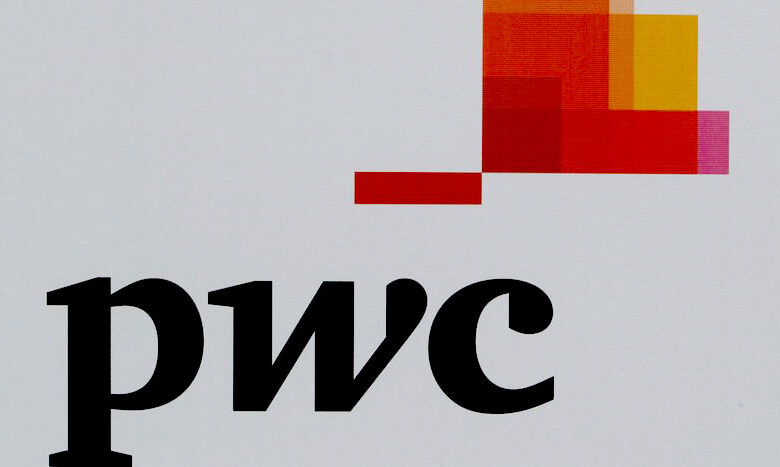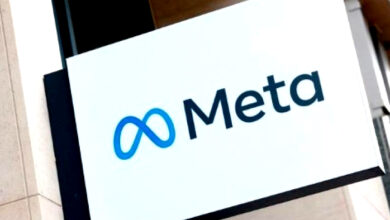Leaked Government Plans Reveal PwC Australia’s Tax Schemes involving Uber and Facebook

PwC Australia, the big-shot firm, offered advice to Uber and Facebook on how to maneuver the new Australian tax law aimed at curbing tax avoidance. However, both companies were taken aback when they discovered that PwC’s counsel may have been founded on leaked government plans.
Under mounting pressure, the “big four” firm is now expected to disclose all the clients it assisted based on confidential tax information leaked by a former partner between 2014 and 2017, while serving as a government consultant on international taxation.
According to reliable sources, Google was revealed to have received confidential details from a former PwC employee confirming the likely commencement date of Australia’s Multinational Anti-Avoidance Law (MAAL) as January 1, 2016. This disclosure came after numerous organizations had called for a delay in implementing the legislation.
Both Uber and Facebook confirmed that they sought advice from PwC Australia regarding the law. Facebook clarified that it engaged PwC’s services after the draft legislation was made public in September 2015, while Uber did not specify the exact timeline of their association with PwC. Nevertheless, both companies expressed astonishment at the breach of government confidentiality by the firm.
An Uber spokesperson stated, “We had no idea that their advice might have been based on improperly obtained information.” In 2016, Uber terminated its association with PwC Australia as a tax advisor due to interactions with the Australian Tax Office. Subsequently, the company restructured its tax affairs in 2017.
Similarly, Facebook claimed to be one of the early adopters of restructuring in order to comply with the tax avoidance law. A spokesperson for Facebook remarked, “We did not seek PwC’s advice on how to comply with the MAAL until after the draft legislation was issued by the Treasury. That is why we were shocked to learn about PwC’s alleged misconduct.”
The Australian Financial Review first reported on Friday about the connections between Uber, Facebook, and PwC in relation to the leaked tax plans.
A representative from PwC Australia stated that the matter was an internal issue for the firm, and their clients were not involved in any wrongdoing. They emphasized that no confidential information was used to facilitate clients in reducing their tax obligations.
This national scandal, which came to light in January, has attracted the attention of lawmakers who are now investigating the matter. Australia’s Treasury has referred the case to the police for further investigation, as it has started to transcend national boundaries.
In May, the Tax Practitioners Board publicly released a cache of 144 pages of PwC emails. These emails revealed how the former tax partner shared confidential government tax plans with colleagues, subsequently leveraging this information to secure contracts with companies abroad.
One of the released emails, dated January 6, 2016, referred to a “north American project” involving 14 undisclosed client companies. Australian lawmakers have requested that PwC disclose the names of all 14 companies.
PwC Australia has reported the breach to the Public Company Accounting Oversight Board (PCAOB), the U.S. accounting watchdog that mandates accounting firms to report legal or compliance issues. However, the PCAOB declined to comment on whether any inspection or enforcement actions have been initiated.
Overall, this scandalous saga has highlighted the need for greater transparency and accountability in the realm of corporate tax planning and consultancy, both domestically and internationally.





